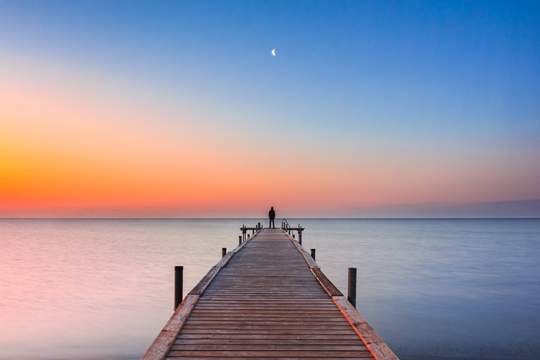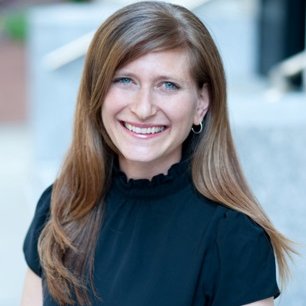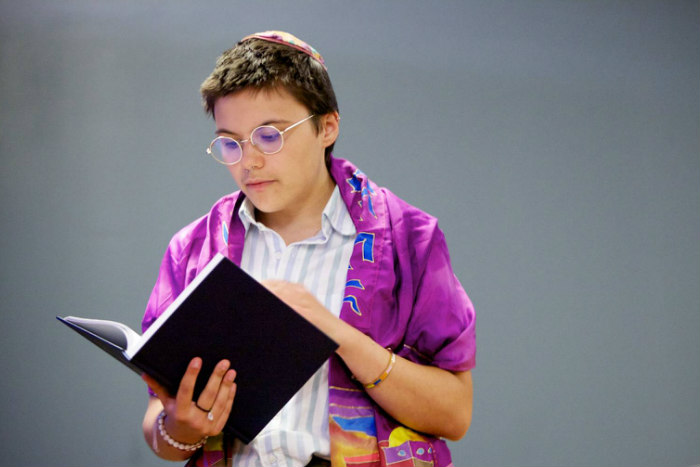
This article was originally published 8/15/2020
As part of the URJ Reflection Project, a new set of offerings and experiences for the High Holidays in a time of social distance, we’ve also developed three short essays that allow you to go deeper into the essence of Jewish wisdom that grounds these rituals. Drawing on the themes of each of the three parts of the project — called The Spiritual, The Setting, and The Memorial — here we provide more insight into Jewish teachings around community, mourning, renewal, and life. We invite you to share these stories with loved ones and immerse yourself in the wisdom that our ancient tradition provides.
Rabbi Arthur Green, in his foreword to the classic book Days of Awe, a collection of teachings edited by the masterful Jewish author S.Y. Agnon, poses the question: What is the secret of the High Holidays? What make them so popular with Jews all over the world in a way that is categorically different from other sacred moments? His own answer:
“...the Yamim Noraim [literally, Days of Awe] do not quite belong exclusively to the yearly cycle. They partake of the life cycle as well, as this is their secret. They are the Jew’s annual confrontation with mortality....The Days of Awe become a yearly time to contemplate our past, to wonder about the future, and to pray that we will still be here a year hence, to do the same things all over again.”
The exercise of “The Spiritual,” as presented here, is deeply rooted in Jewish wisdom.
Every year at the High Holidays, we are encouraged to do an accounting of the soul — a cheshbon hanefesh. We are invited to take stock of who we have been in the past year, how we have lived our values, who we have hurt, and who we want to be in the year to come. This is no easy feat. It is why the tradition has us welcome the new year, and then gives us 10 days to turn inward and reflect until we arrive at Yom Kippur and ask for forgiveness.
But more than that, the tradition also sets aside the 30 days before the new year (the month of Elul) for us to begin that introspection. It is why we are encouraged to hear the shofar every weekday morning — so our souls will stir awake to the piercing sound and begin this annual accounting.
What can this ritual mean in the year 5782? COVID-19 has wreaked havoc on our lives and placed us in social isolation. Here we are, intending to embrace a New Year, yet standing in trepidation, wondering – is renewal possible in this moment of grief and chaos in our country? And how will we achieve it?
And yet, taking stock of life’s priorities, reflecting on mistakes we have made in the past, and committing to new mindsets, attitudes and behaviors, feels like exactly something we should do in this moment. After all, the pandemic has taught us there is so little we have control over, except for how we think and how we act. It would behoove us to remember what 3,000 years of Jewish history has taught us. Through moments of deep crisis, pain and destruction, Jewish wisdom and rituals are resilient. Their packaging may change, but the essence remains.
The High Holiday prayer book is infused with a metaphor, in which we ask to be inscribed in the Book of Life. Rabbi Laura Geller has a beautiful meditation on this metaphor found in Mishkan HaNefesh, the Reform Movement High Holiday prayer book (called a ):
“Your Book of Life doesn’t begin today, on Rosh HaShanah. It began when you were born. Some of the chapters were written by other people: your parents, siblings, and teachers. Parts of your book were crafted out of experiences you had because of other people’s decisions: where you lived, what schools you went to, what your homes were like. But the message of Rosh HaShanah, the anniversary of the creation of the world, is that everything can be made new again, that much of your book is written every day by the choices you make. The book is not written and sealed; you get to edit it, decide what parts you want to leave behind. means both a good year, and a good change. Today you can change the rest of your life. It is never too late.”
The High Holidays are that opportunity to account for who we have been, and who we want to become. They are an invitation to clean the slate and start fresh. To quote the medieval writer, Bahya Ibn Pakuda, “Days are like scrolls; write on them what you wish remembered.”
Visit reflect.reformjudaism.org for ways to meaningfully reflect on the Jewish year 5780.
Related Posts
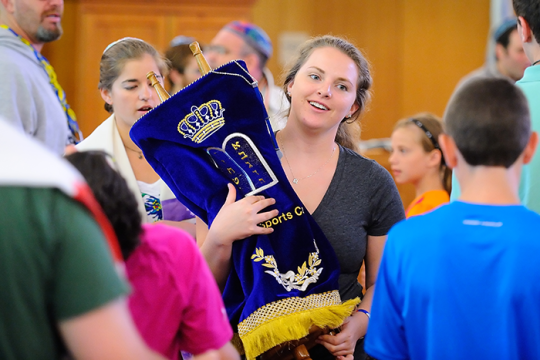
Five Ways to Encourage Teens’ Jewish Identities
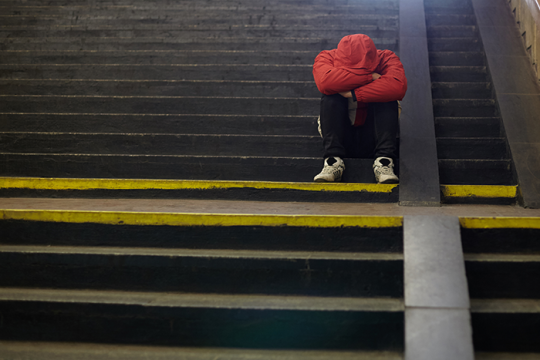
Embracing Jewish Tradition to Process Trauma and Grief
